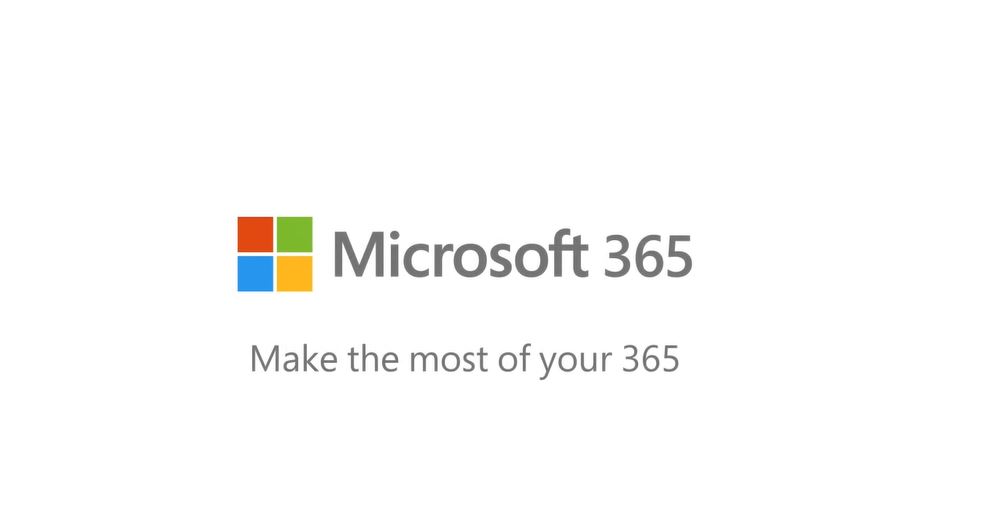The world of finance can be volatile. Employees are expected to react rapidly to developments while safeguarding customers’ investments and sensitive information. With many businesses closely competing with one another, the ability to develop a strong reputation and build deep relationships are often what define a business’s success.
Employees are required to be passionate and engaged to foster those relationships and maintain a strong reputation. However, with an average turnover rate of 13.7% in 2019, the financial sector has struggled to retain staff. Adding stress of remote working to a high pressure job, has made it more difficult for employees to stay positive.
In the long term it is vital that financial firms stamp out this apathy if they are to succeed. According to a 2012 Towers Watson study, disengaged employees are a hundred times more likely to make mistakes; in the financial industry, such mishaps can be permanent damaging effects.
Recent reports state banks lose 20% of their business to competitors due to poor customer service. This is often rooted in the frustration and fatigue of employees, which can lead to rude responses or an unwillingness to help. In the current climate that is not sustainable for any business.
In contrast, an engaged employee will go the extra mile to build strong and positive relationships with customers. They will be more proactive in communication and will more likely follow up wholesomely and promptly. Additionally, if an employee enjoys their role, they are more likely to remain in it for longer thus demonstrating good employee retention.
Importance of communication
When addressing disengagement, often companies will offer more benefits, fire unproductive employees, or set harsher targets. These methods are short term fixes which will only mask the issue temporarily. To stay productive and engaged long-term, workers need to believe that the company is moving in the right direction. They also need to have good connections with co-workers.
Employees are engaged by good communication and efficiency; they cannot grow unless they are free from tedium and able to think innovatively. Similarly, a business cannot effectively predict the needs of its employees unless there is a two-way flow of communication. Finally, and most significantly, co-workers at home cannot build relationships without a quality communication and collaboration solution – which is where Microsoft Teams comes in.
Microsoft Teams caters to front, mid and back office employees, providing them with voice calls, secure chat, and virtual meetings. A genuine productivity hub, Teams can help employees decrease time spent on monotonous duties and allow for integrative collaboration across Word, Excel, and third-party solutions.
Essential features to help drive improved efficiency
- Advanced messaging with priority notifications, read receipts and message escalation to enable a quick reaction to developing problems.
- The ability to create custom banking or insurance applications or bots to include directly in a Teams channel.
- Private channels, auditing and reporting, data loss prevention, and adherence to global compliance standards.
With the implementation of teams, businesses can eliminate some repetitive tasks while simultaneously enabling strong remote communication between their management, co-workers, and the wider teams. Although, it is important to note that these benefits are only possible if employees are trained to use the tools effectively. A lack of training and guidance will only cause more stress and dissatisfaction among employees.
A managed service provider like Cheeky Munkey can support you with the training and guidance needed to enrol a solution such as Microsoft teams. Talk to us today to discuss how we can help you address your engagement challenges and improve long term.


 Previous
Previous







